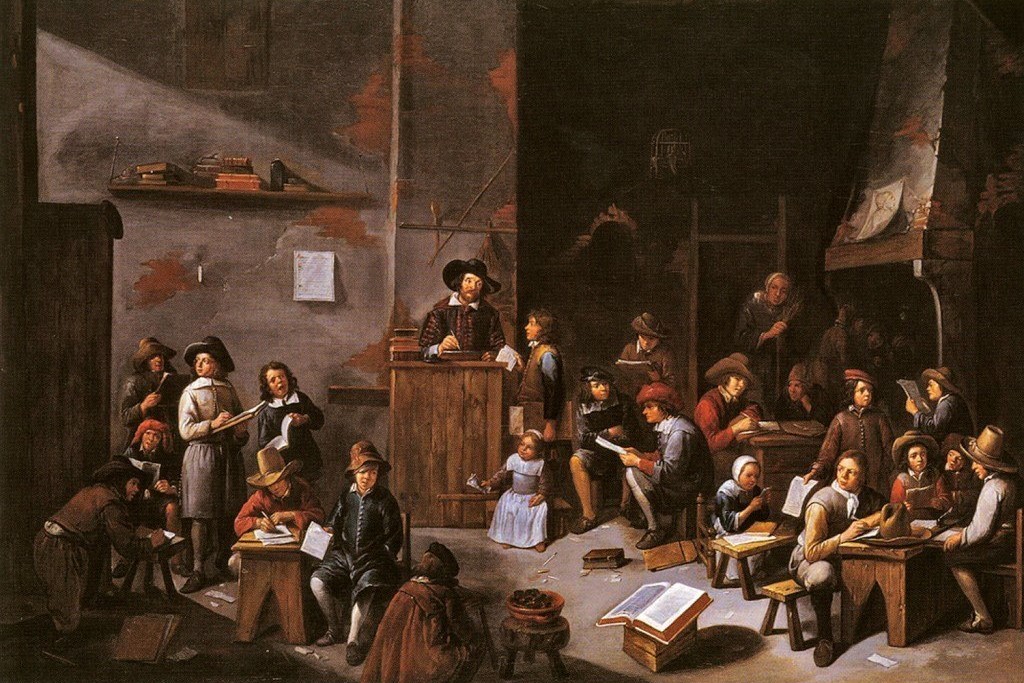Ethical Responsibilities of DePauw Graduates

As a member of the graduating class (yes, I said it) and a Prindle Intern, I feel that it is my ethical duty to bring the following question to your pre-graduation attention: What, if any, responsibility do we as graduates of DePauw University, have in living ethical lives post-graduation? I raise this question because of the incredibly important conversations that have occurred on DePauw’s campus during our time as students. Additionally, the privileges inherent in graduating with a college degree, privileges we all now share, become a part of who we are as not only individuals, but as the future change-makers of the Class of 2015.
Attending a university that has more beautiful flowers than people (yes, we will all miss the flowers), most graduating seniors know how lucky we are to have not only chosen to attend DePauw, but to have persevered in obtaining a one-of-a-kind education that simultaneously acts as a springboard into a world of opportunities, pre-established networks, and increased social mobility. We have learned, from a multitude of perspectives, the difference between right and wrong, the importance of making ethical decisions, and the necessity for promoting equality in the world around us. A seeming contradiction, we have also been able to witness educational privilege firsthand, by obtaining a degree that not all people in this country can afford.
Adding the hard-earned ’15 at the end of our names, DePauw will openly acknowledge and engage us as the alumni we are and as the potential donors we might become. The non-DePauw portion of society (does that even exist?), however, will see us as Bachelor’s degree holders, concurrently setting us to a different standard both intellectually and ethically, regardless of whether this newfound pedestal is warranted. This is not to downplay the prestigious education we have all received, but rather to illustrate graduation as the beginning of what, in my opinion, is a new responsibility, holding us accountable to the people we have met, the stories we have heard, and the injustices (racial, financial, social, etc.) we now have knowledge of.
As DePauw’s future physicians and others undoubtedly know, being a physician means that if you can help someone, you are obligated to help someone. Doesn’t the same hold true for graduates of a university experiencing a long overdue but heightened charge for standing up for victims of injustice? We hear about news anchors and journalists outside of the “DePauw bubble” who downplay the injustices of Ferguson, RFRA, and now Baltimore. My challenge to the Class of 2015 is not to merge seamlessly into the “real world,” as obtaining a college degree seems to ensure, but rather, to acknowledge our privilege as graduates of this institution and to make decisions in accordance with the experiences we have had here and are now the keepers of.
Graduation is not the end of the world, or the end of critical thinking (sorry if you thought it was). A liberal arts degree is not simply a fancy diploma that validates an individual as a “well-rounded” or “educated” person. As you walk across the stage and take your last picture of East College (for now), you must also realize the responsibility you now have to live an ethical life. Holding yourself accountable for speaking up about injustice and making ethical decisions does not end with graduation.




